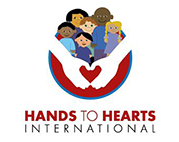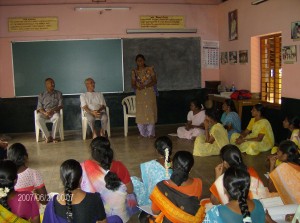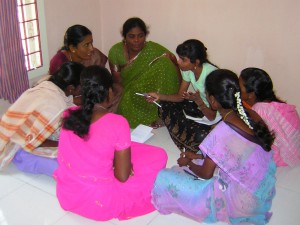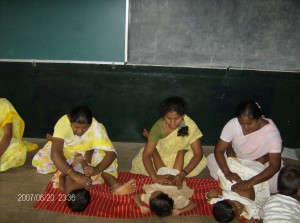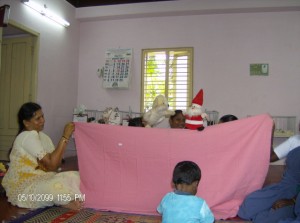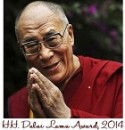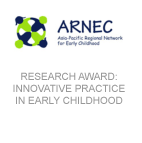It is that time, the time when one sits back and takes account of all that did and did not happen in the year – and for me, there is a lot to remember! A year ago at this time, HHI was ridiculously poor. Each month between November and May the Board discussed whether I would receive a living stipend, or if I would have to earn my mortgage payment elsewhere – stressful! At the same time, HHI’s bookkeeper stole my personal identity to apply for corporate gold cards, business loans, etc., which was ridiculously stressful and the damage difficult to repair. After months of discussion and finally composing a 26 page proposal for a 3 year fellowship with the Draper Richards Foundation, I was told my plan was just not going to grow fast enough. This was crushing, as it appeared to line up with what I did and did not see in India, where we did not appear to making great progress. The trainings were trickling out and after 6 months of not hearing back from the Indian gov’t, I had all but given up on the partnership with ICDS.
This all was taking a toll on my already minimal social life and worse, it began to impact my health. A friend commented, “This is kicking your ass” and asked, “How much are you going to sacrifice and for how long?” Well noted. I quietly promised myself to “do everything in my power” between December ’06 and June ’07. If there wasn’t a radical turn of events recognizable by anyone on this planet, then on June 30th HHI would go on a shelf and I would get a real job. I realized that HHI was not suffering because I wasn’t working hard enough, but perhaps it was that there needed to be room for others to step in and act. So, I kept going, doing whatever I could to bring HHI into the world, and accepting that as one person, I could only do so much.
Well, here are a few things that came about during those tenuous 6 months:
- HHI was featured in the Skoll Foundation Report 2007, “Growing Opportunity: Entrepreneurial Solutions to Insoluble Problems”.
- An Indian holy man told me to give bananas to elephants for “special blessings” – I fed as many bananas to as many elephants as I could!
- The Indian gov’t signed a year contract for HHI to train ICDS teachers – the world’s largest early childhood development program supported by UNICEF and the World Bank.
- The James R. Greenbaum Jr., Family Foundation stepped in with a smart grant, offering HHI $50,000 if we could raise $50,000 in two months time! People all over the US rallied, and we even reached our goal about 5 days early! The grant period ended on June 30th – WE EXCEEDED THIS GRANT!!!
The universe had spoken! These did qualify as a “radical turn of events recognizable by anyone on the planet”. On June 30th I packed my bags and returned to India to successfully launch our third site.
2007 – the year I didn’t quit – was record breaking on every front! I had projected that we would offer 25 Trainings / 390 Women / 1,950 Children. We doubled those numbers. Our local HHI Trainers provided 46 trainings to 562 women offering more nurturing care to 6,088 orphaned and vulnerable children! And we accomplished all of this with 1/2 our projected budget. Those numbers speak for themselves, but also take into account what the 562 women are saying. Here is an excerpt from an Oct. 2007 training of ICDS teachers, End of Training Questionnaire:
What is the most important thing you learned in HHI’s training?
· How much you should love the children and meet their needs.
· Understand more about the development of physical, social, language and cognitive skills
· Understand the importance of giving lots of positive attention and stimulation to develop their various skills.
· How to give security to a child
· How to manage the child that is delayed in their milestones and how we can bring them to normal levels.
· How to care for the children and how to interact with them. (repeated by several women)
· To pay more attention to the child’s cues and how to respond to these
· Importance of observing children from the very beginning stage
· How much you should love the children and meet the needs of the children.
Because of this training, how will you change how you work with children and/or their parents?
· To give awareness class to Teenagers and Mother’s about the child’s development, emotions and growth (Repeated)
· Conduct house visits and give awareness to mothers about child’s
development
· Love the children like her own children and encourage them in whatever they do and she will respond to them when they ask for her.
· Help my students to explore the environment
· Will observe them regularly to promote their developments
· Will treat children by understanding their needs and feelings
· Spend more time playing with the children, pay more attention to them, help them to do more
· The ways to help children to attain various skills (Repeated)
I’m glad I didn’t quit. I am grateful to all those who stood up and joined HHI. And I am inspired by the beautiful dent we are making (together) in this universe. Thank you.
